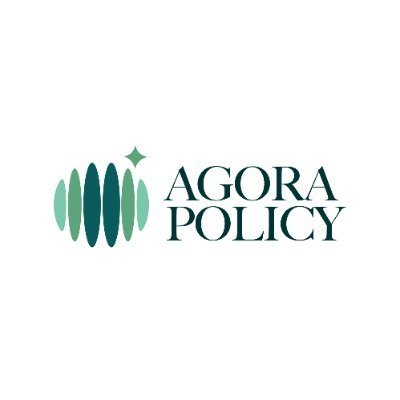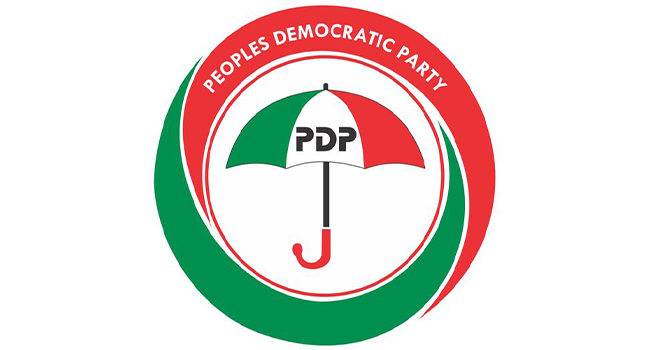The Nigeria Infrastructure Debt Fund (NIDF), the country’s foremost infrastructure debt fund, has recorded a 40 percent growth in interest income on infrastructure loans for the nine months of 2024.
According to Business Day, its loans grew to N12.6 billion in the nine months of 2024 from N8.99 billion in the corresponding period of 2023 while net fair value losses on infrastructure loans declined to N451.4 million from N830.9 million.
Nigeria’s Infrastructural Deficit
Nigeria’s infrastructure deficit currently amounts to 30% of the country’s Gross Domestic Product (GDP) which falls short of the international benchmark of 70% set by the World Bank.
Speaking at the 2023 banking and finance conference in Abuja, the World Bank’s Country Director, Nigeria, Shubham Chaudhuri, lamented that “Public spending by the Nigerian government (on infrastructure), at both the federal and sub-national levels, have been very low.”
As a result, experts say Nigeria needs between $100 billion and $150 billion annually over the next 30 years to close its infrastructure deficit. Dataphyte estimates it at $2.3 trillion, while Agusto & Co, and the World Bank put the needed spending at $3 trillion over the coming years.
According to the African Infrastructure Development Index, 2022 published by the African Development Bank (AFDB), Nigeria ranked 24th with 24.53%, a far way from Seychelles with 98.88%, Egypt with 89.91% and war-torn Libya with 84.72% who ranked 1st, 2nd and 3rd respectively.
An improvement in Nigeria’s ranking on this metrics does not seem to be happening soon judging by the current level of spending on infrastructure in the country. in the 2023 federal budget, recurrent allocation was N8.33 trillion, about 40 per cent of the total outlay which meant there was precious kittle funds available for the provision of new infrastructures.
To typify Nigeria’s infrastructural challenge, Of the country’s 200,000km road network, only 60,000km is paved. The Senate has identified 10,000 abandoned projects across the country while in 2022, the Chartered Institute of Project Managers of Nigeria cited the much higher figure of 56,000 uncompleted projects.
Nigeria’s Funding Challenges
Nigeria’s traditional funding sources like budgets and bank loans have overtime failed to meet the growing demand for infrastructure investment in the country.
In the 2023 federal budget, 71.3% of government revenue was allocated to recurrent expenditure, and a paltry 28.7% is allocated to capital expenditure.
In the 2024 budget, capital expenditure accounted for 31.6% of the entire budget compared to a recurrent expenditure of 36.1% while debt servicing took up 30.0% and others 2.2%.
This allocation of a greater percentage of budget to recurrent expenditure mirrors Nigeria’s budgetary allocation for the most part of the return to democratic rule and effectively means that there is very little allocated to capital expenditure which further impedes the ability of the country to upgrade its infrastructural architecture hence the infrastructural decay witnessed across the country.
NIDF to the Rescue
To address the growing infrastructural deficit in the country, the The Nigeria Infrastructure Debt Fund (NIDF), sponsored by the Chapel Hill Denham group and Chapel Hill Denham Management Limited acting as the Fund Manager of NIDF arose on 7 February 2017 and commenced operations on 28 June 2017.
NIDF aims to provide investors with regular and stable income by making primarily debt investments in infrastructure projects located in Nigeria. It carries out investments in projects that; provide essential economic and social services; have long-term predictable cash flows; and have asset base with long useful life.
NIDF provides investors with regular, sustained, long-term distributions and preserves capital over the long term by generating exposure to Naira-denominated infrastructure debt in Nigeria, which generates regular and predictable long-term cash flows. It offers attractive yields on the NGX and has continuously paid quarterly distributions.
With its current capital base of over N104.5 billion, NIDF has a diversified and growing portfolio of infrastructure loans in a broad range of sectors including power generation, energy infrastructure, transportation, telecom, and social infrastructure (education and healthcare).
Significance
With the growth in the interest income of the NDIF, the fund is expected to possess an even larger capital base which would ensure it is able to deliver on its objective of offering infrastructural loans to the government and private sector in order to bridge tha infrastructural gap in Nigeria and countries across Africa by mobilising domestic capital for financing Nigeria’s infrastructure.






















